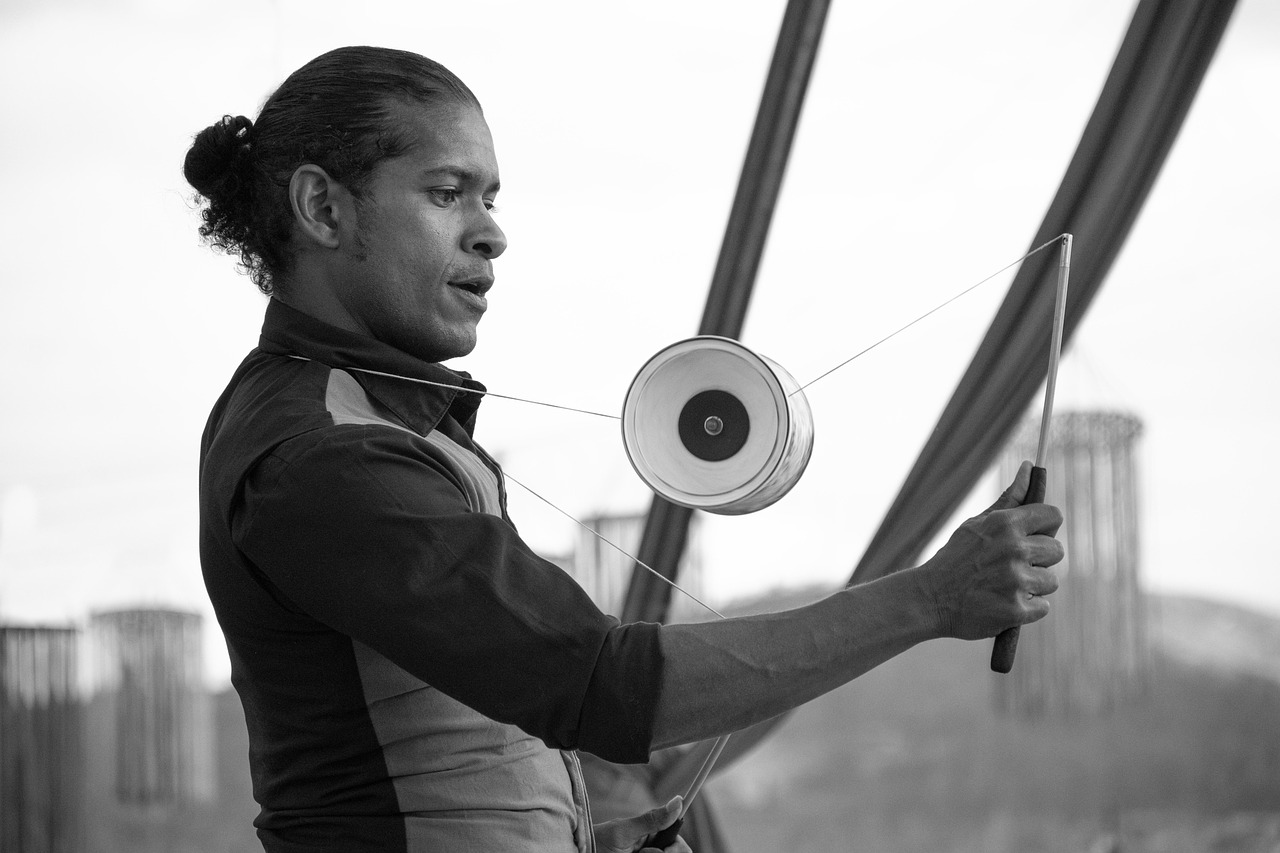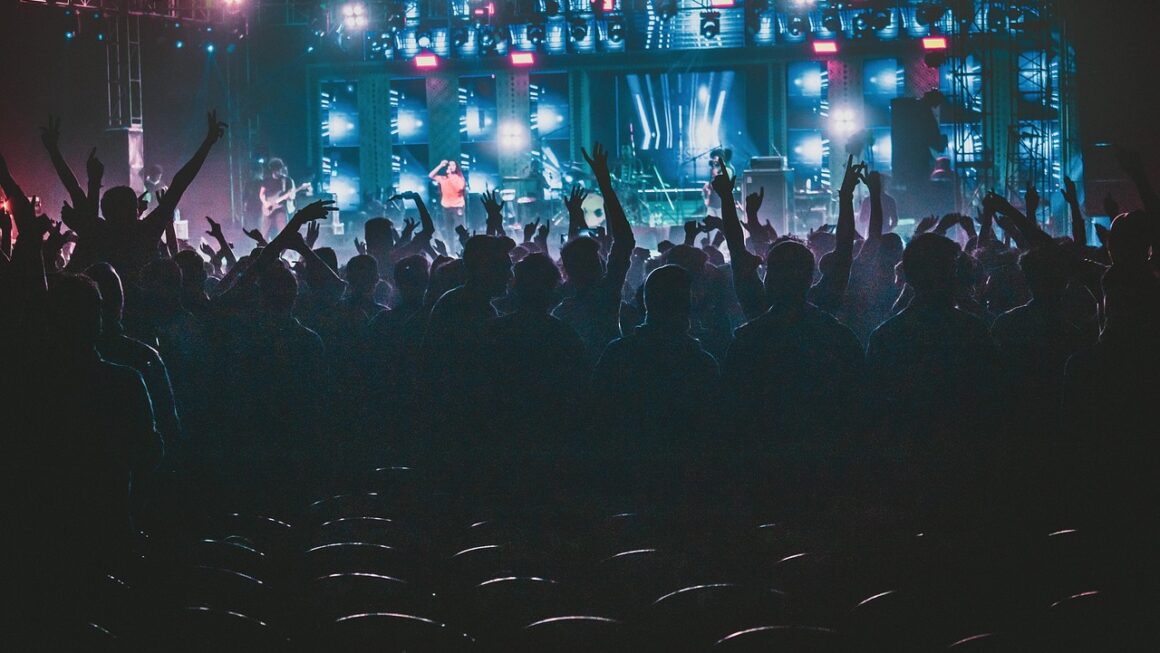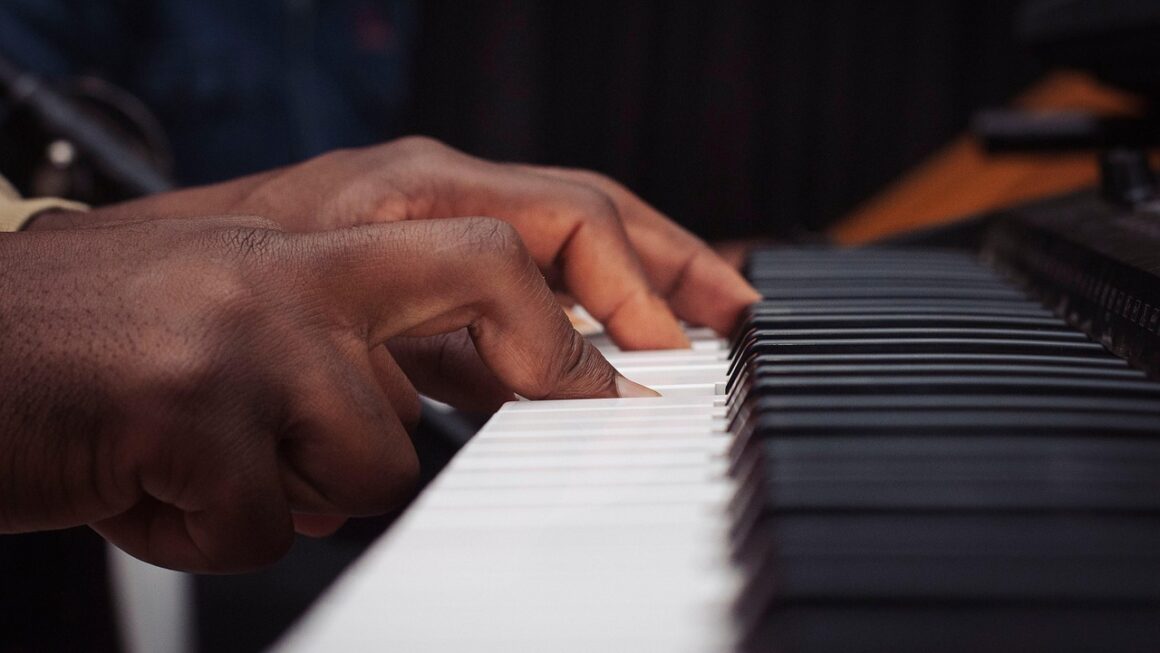Comedy shows offer a much-needed escape from the daily grind, providing laughter, connection, and a chance to unwind. Whether you prefer stand-up, improv, sketch comedy, or a hilarious play, the world of comedy offers a diverse range of options to tickle your funny bone. This guide explores the various types of comedy shows, how to find them, and how to make the most of your comedy experience.
Exploring the Diverse World of Comedy Shows
Comedy shows aren’t a one-size-fits-all experience. Understanding the different genres helps you find performances that align with your taste and sense of humor.
Stand-Up Comedy: The Classic
Stand-up comedy is the quintessential comedy show. A single performer takes to the stage with a microphone and delivers a set of jokes, anecdotes, and observational humor.
- Key characteristics:
Individual performer
Focus on joke-telling and storytelling
Often topical and observational
Variable length sets, from open mics to headlining acts
- Examples: Look for established comedians at theaters and comedy clubs. Open mic nights are a great way to discover up-and-coming talent. Check listings for big names like Jerry Seinfeld, or local favorites.
Improv Comedy: Spontaneity Reigns
Improv comedy is unscripted and collaborative. Performers create scenes and characters on the spot, based on audience suggestions.
- Key characteristics:
Unscripted and spontaneous
Relies on audience participation
Focus on collaboration and quick thinking
Short-form and long-form varieties
- Examples: The Second City in Chicago is a legendary improv institution. Local improv troupes often perform in smaller theaters and bars. Some troupes specialize in certain themes or styles, so look for those that appeal to you. Many offer introductory classes for anyone interested in learning the craft.
Sketch Comedy: Scripted Silliness
Sketch comedy combines elements of stand-up and improv, but relies on pre-written scenes and characters.
- Key characteristics:
Scripted scenes with defined characters
Often features recurring themes and jokes
Combines physical comedy with witty writing
Can be performed live or recorded for television/online
- Examples: Saturday Night Live is the gold standard for sketch comedy. Local comedy groups often produce their own sketch shows, which are more polished than some improv but less formalized than stand-up.
Comedic Plays and Musicals: Theatrical Laughter
These shows blend traditional theatrical elements with comedic storytelling.
- Key characteristics:
Full-length plays or musicals with comedic themes
May involve elaborate sets, costumes, and choreography
Often satirize social issues or pop culture
Can range from lighthearted farces to dark comedies
- Examples: The Book of Mormon is a wildly successful comedic musical. Local theater companies frequently stage classic comedies such as Noises Off or adaptations of popular films.
Finding Comedy Shows Near You
Locating comedy shows requires a bit of detective work. Here’s how to find the best laughs in your area.
Online Resources and Listings
The internet is your best friend in the search for comedy.
- Comedy club websites: Most comedy clubs have websites listing upcoming shows and performers.
- Local event calendars: Sites like Eventbrite, Meetup, and local newspapers list comedy shows happening in your city.
- Social media: Follow comedy clubs, comedians, and improv groups on social media to stay updated on their schedules. Many venues use Facebook Events.
Comedy Clubs: The Dedicated Spaces
Comedy clubs are specifically designed for live comedy performances.
- Benefits of attending a comedy club:
Dedicated stage and sound system
Professional comedians
Atmosphere conducive to laughter
Often offer food and drinks
- Tips for choosing a comedy club:
Read reviews to get an idea of the club’s atmosphere and quality of performers.
Check the club’s website for upcoming shows and ticket prices.
Consider the club’s location and parking options.
Be aware of drink minimums – many clubs require a minimum purchase of drinks per person.
Alternative Venues: Beyond the Comedy Club
Comedy can pop up in unexpected places.
- Bars and pubs: Many bars host open mic nights or showcases featuring local comedians.
- Theaters: Small theaters and black box spaces often host improv shows and sketch comedy performances.
- Coffee shops: Some coffee shops host comedy nights or open mic events.
- Outdoor venues: In the summer, parks and outdoor spaces may host comedy festivals or performances.
Making the Most of Your Comedy Show Experience
Attending a comedy show is more than just sitting and listening. Here’s how to enhance your experience.
Arriving Early and Getting Good Seats
Get there early to snag the best view.
- Benefits of arriving early:
Better choice of seating
Opportunity to grab a drink or snack before the show starts
Chance to soak in the atmosphere
- Seat selection tips:
Consider your personal preferences. Do you prefer to be close to the stage or further back?
Check the venue’s seating chart online to get an idea of the layout.
Be aware that some venues have “premium” seating options that cost more.
Audience Etiquette: Being a Good Laugher
Respect the performers and your fellow audience members.
- Do’s:
Laugh! It’s a comedy show, after all.
Show your appreciation with applause.
Be respectful of the performers.
Turn off your cell phone.
- Don’ts:
Talk loudly during the performance.
Heckle the comedians (unless they specifically invite it).
Record the performance without permission.
Use flash photography.
Engaging with the Performers (Appropriately)
Some comedy shows encourage audience participation.
- When to participate:
If the comedian specifically asks for audience suggestions.
During improv shows, when audience participation is expected.
- How to participate appropriately:
Offer suggestions that are relevant to the scene or topic.
Be respectful and avoid making inappropriate or offensive comments.
Don’t try to take over the show or dominate the conversation.
The Benefits of Attending Comedy Shows
Comedy shows offer more than just a good laugh. They can improve your mood, reduce stress, and even boost your creativity.
Stress Relief and Laughter Therapy
Laughter is truly the best medicine.
- Benefits of laughter:
Reduces stress hormones like cortisol.
Releases endorphins, which have mood-boosting effects.
Strengthens your immune system.
Provides a sense of connection and social bonding.
- Comedy as a form of therapy:
Some therapists use comedy and humor as a tool to help patients cope with stress and anxiety.
Attending comedy shows can be a fun and accessible way to practice self-care.
Social Connection and Shared Experiences
Comedy shows bring people together.
- Benefits of shared laughter:
Creates a sense of community and belonging.
Provides a shared experience that you can bond over with friends and family.
Helps you feel more connected to others.
- Comedy as a social activity:
Attending comedy shows can be a great way to meet new people who share your sense of humor.
It’s also a fun and memorable activity to do with friends, family, or a date.
Supporting Local Artists and the Comedy Scene
Your attendance helps keep the comedy scene alive.
- Benefits of supporting local artists:
Helps them continue to create and perform.
Contributes to the cultural vibrancy of your community.
Provides opportunities for emerging talent to develop.
- How to support the comedy scene:
Attend local comedy shows.
Spread the word about your favorite comedians and venues.
Purchase tickets and merchandise.
* Leave positive reviews online.
Conclusion
Comedy shows are a fantastic way to unwind, connect with others, and support the arts. By understanding the different types of comedy, knowing where to find shows, practicing good audience etiquette, and appreciating the benefits of laughter, you can create a memorable and enjoyable comedy experience. So, go ahead, explore your local comedy scene, discover new talent, and prepare to laugh the night away!



